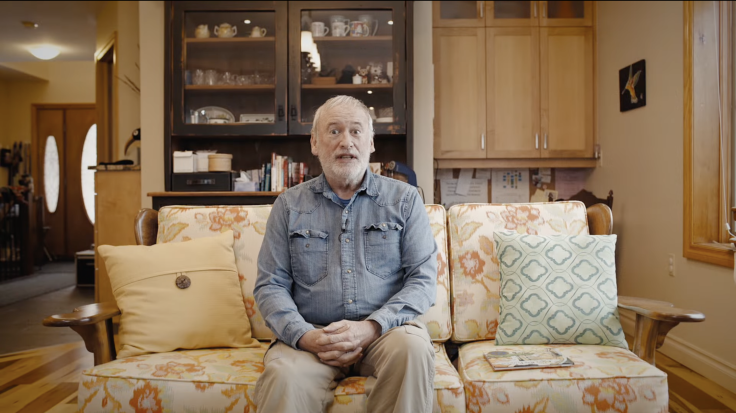
At 80, children's author Robert Munsch has taken a wrenching step: he has been approved for medical assistance in dying (MAID) in Canada, but has made clear he wants to pick his own moment — when he can still ask for it.
Munsch, beloved for classics such as Love You Forever, The Paper Bag Princess and Mortimer, has lived with dementia and Parkinson's disease, and says the illnesses have eroded his ability to drive, write, even ride a bicycle.
MAID Approval After Dementia Diagnosis
Robert Munsch's dementia diagnosis, publicly announced in 2021, revealed that he was no longer able to write, among other losses. Reports recently say he has now been approved for Medical Assistance in Dying under Canadian federal law.
Munsch told National Post and other outlets: 'I have to pick the moment when I can still ask for it.'
He does not plan to end his life immediately; the key is retaining the ability to make the choice when he still has decision-making capacity.

How Canada's MAID Law Works in Dementia Cases
Canada's law on MAID allows assisted death under strict eligibility criteria. A person must be 18 or older, have decision-making capacity, make a voluntary request, suffer from a grievous and irremediable medical condition and provide informed consent.
Under Bill C-7, which came into force in 2021, the law changed to allow some people whose death is not reasonably foreseeable to access MAID, and introduced the possibility of a waiver of final consent.
A waiver of final consent means someone approved for MAID can agree in advance with their medical provider to receive MAID on a chosen date, even if, by then, they have lost the capacity to give consent at that moment, provided certain conditions are met.
However, if the person shows any signs of refusal, words, gestures, or sounds after losing capacity, the waiver becomes invalid. Reflex actions or involuntary movements do not count as refusal.
Munsch's Decision: Retaining Agency
What stands out in Munsch's case is his insistence on agency: he does not want to be forced into a decision when incapable; he wants to choose while he still has full mental faculties.
Since his dementia diagnosis, Munsch has publicly said he 'can't drive, I can't ride a bicycle, I can't write', pointing to how the illnesses have eroded fundamental parts of his identity.
Still, he has explained that his stories remain in his memory, that 'the stories will be the last thing to go, I think.'

By applying for and gaining approval under MAID, he ensures that when the time comes, he may choose to end his life — but only under the legal framework that respects his decision-making capacity.
Legal and Ethical Challenges
While MAID is lawful in Canada under specified conditions, it remains controversial, especially in dementia cases.
One challenge is that dementia typically progresses gradually and unpredictably. The ability to consent at both assessment points (and possibly just before death unless a waiver is in place) can be lost. Timing is therefore critical.
Another concern is ensuring that individuals are not coerced or unduly influenced, and that they are fully informed of all alternatives, including palliative care. Canadian law requires informed consent, eligibility assessments by independent professionals, and safeguards against external pressure.
Canada does not currently permit MAID on the basis solely of a mental illness until 17 March 2027. Dementia is a neurocognitive disorder rather than a mental disorder under that exclusion, so cases combining dementia with other qualifying medical conditions may still proceed.







